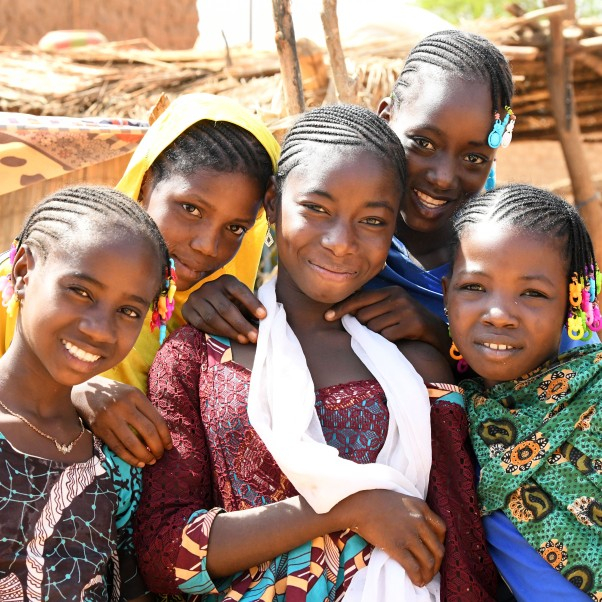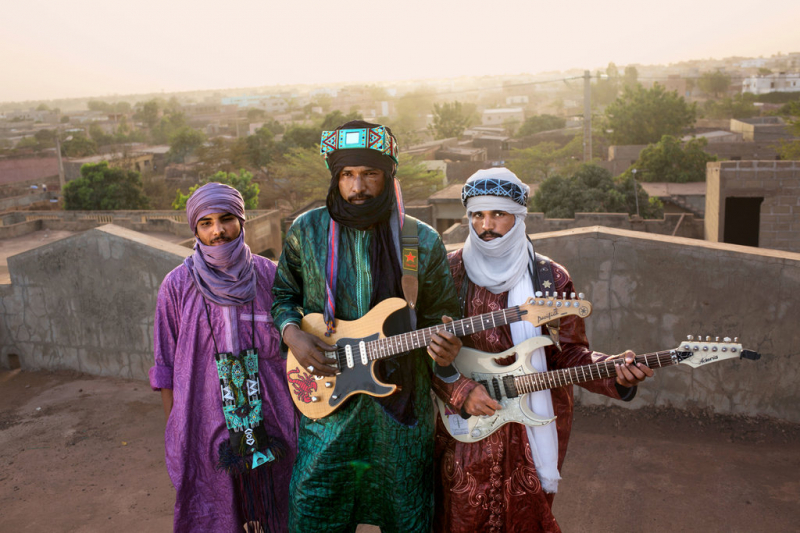Indigenous Culture

The rich history and culture of the landlocked nation of Niger in West Africa are reflections of the diverse ethnic groups that make up the country's population. Like the majority of African nations, Niger has a long history of oral literature that includes folk tales and legends, epics of heroism, ritual chants, etc. Due to the high rates of illiteracy present there, written literature has a comparatively young history in the nation. The country's numerous ethnic groups each have their own unique forms of art and craft. Niger's artisans create a variety of ornamental and functional items, including colorful masks, baskets, wood carvings, stone paintings, fabrics, and more.
Before the country gained its independence, the various ethnic groups' distinctive musical and dance traditions developed on their own. However, since the 1960s, these traditions have merged to create new musical genres that have thrived domestically but haven't yet attracted notice elsewhere. Different musical instruments are used by the Hausa people of the nation for their Griot customs (a griot is a West African storyteller, musician, poet, or praise singer and an important figure in the society). Molo (a lute), kakaki (a trumpet), algaita (a double-reed wind instrument), and others are a few of these instruments. The romantic spoken or sung poetry of the Nigerian Tuareg people is famous for being accompanied by colored drums and viol.







